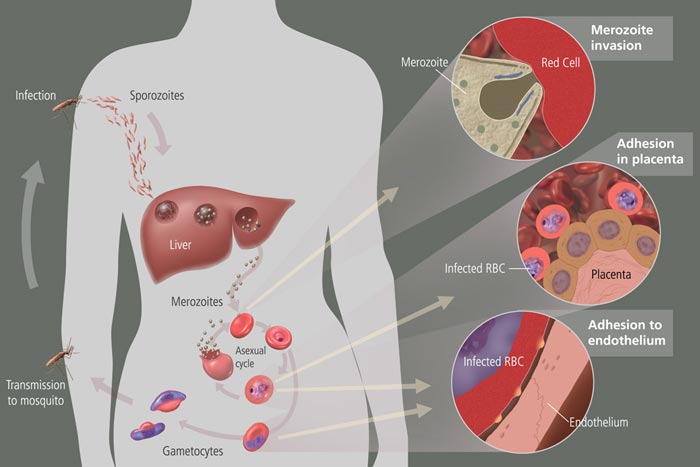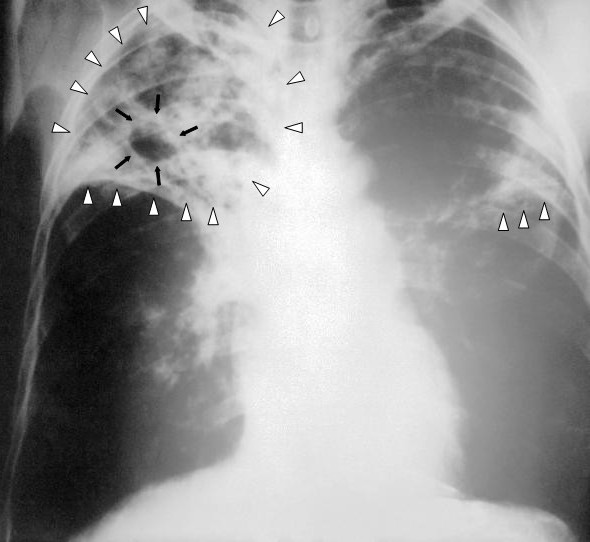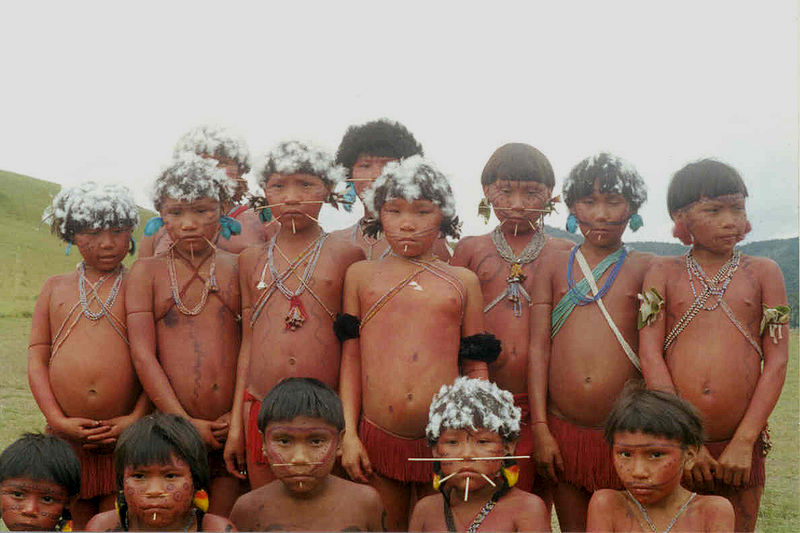
Life cycle of malaria.NIH via <a href="http://commons.wikimedia.org/wiki/File:MalariacycleBig.jpg">Wikimedia Commons</a>.
Being born with immunity to the diseases prevalent in your ‘hood because you inherited the antibodies from your mother (who suffered and survived the disease) is an important factor in human survival and adaptability This is especially true in places where you’re likely to be reinfected with the same disease/parasite multiple times in your lifetime.
But what happens if you treat the mother for the infection? Will her children inherit maternal immunity? The evidence remains inconclusive as to whether treating human moms for malaria improves the survival rate of their kids. But a new study in mice shows: not so much.
The paper in Proceedings of the Royal Society B finds that:
- Baby mice born to moms who had been infected by malaria had their mortality reduced by 75 percent compared to babies born to moms who had never been infected with malaria and had no antibodies to confer.
- Baby mice born to infected moms treated with antimalarial drugs received fewer maternal antibodies and consequently died at a rate 25 percent higher than babies born from infected, untreated moms.
We observed the same qualitative patterns across three different host strains and two parasite genotypes. This study…highlights a potential trade-off between the health of mothers and offspring, suggesting that anti-parasite treatment may significantly affect the outcome of infection in newborns.
I wrote in an earlier post how rising global temperatures are likely drive malaria into ‘hoods where it doesn’t live now.
The open-access paper:
- Vincent Staszewski, Sarah E. Reece, Aidan J. O’Donnell, and Emma J. A. Cunningham. Drug treatment of malaria infections can reduce levels of protection transferred to offspring via maternal immunity. Proc. R. Soc. B 2012 : rspb.2011.1563v1-rspb20111563.














